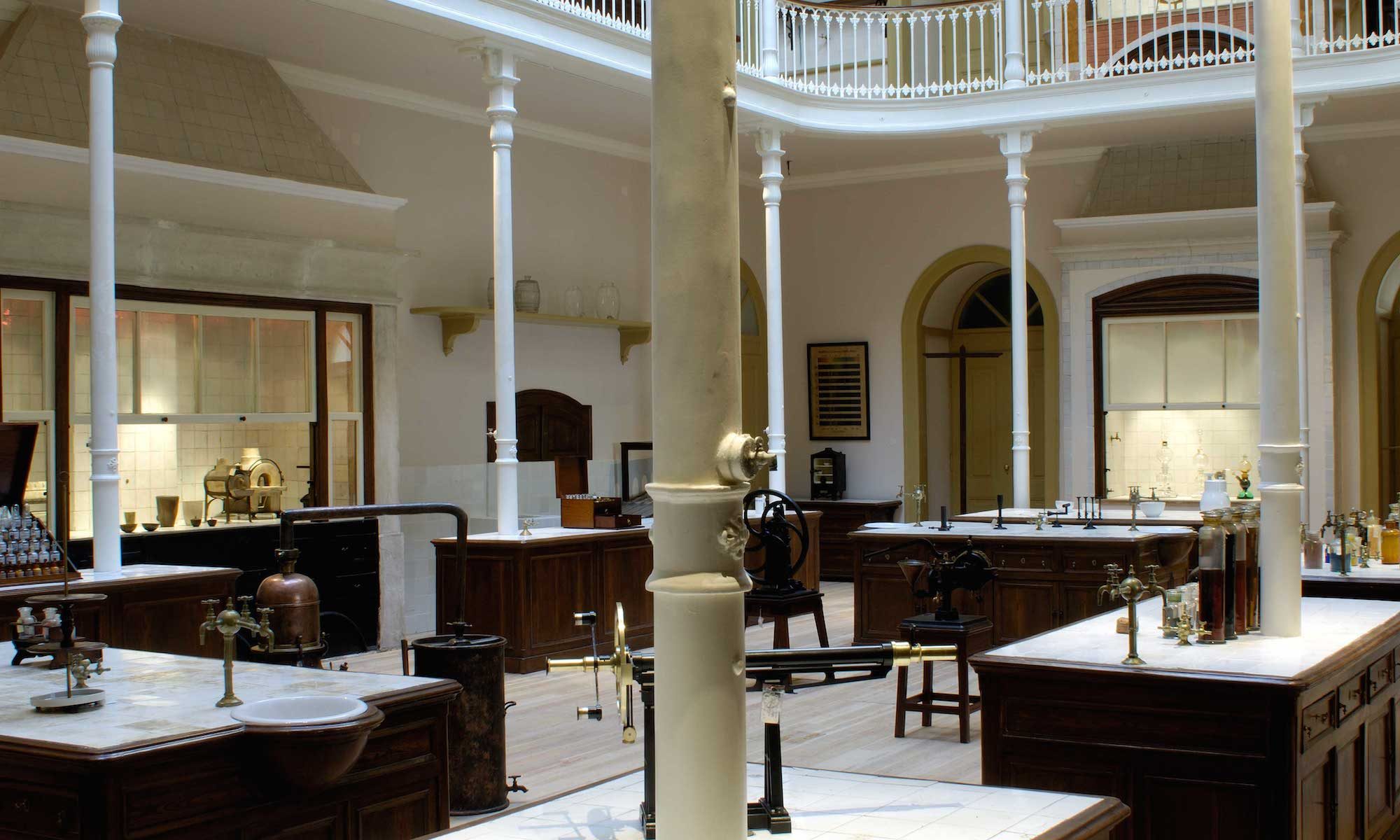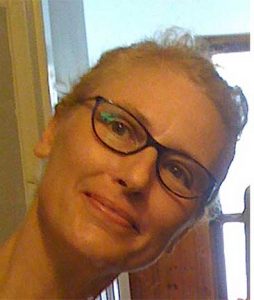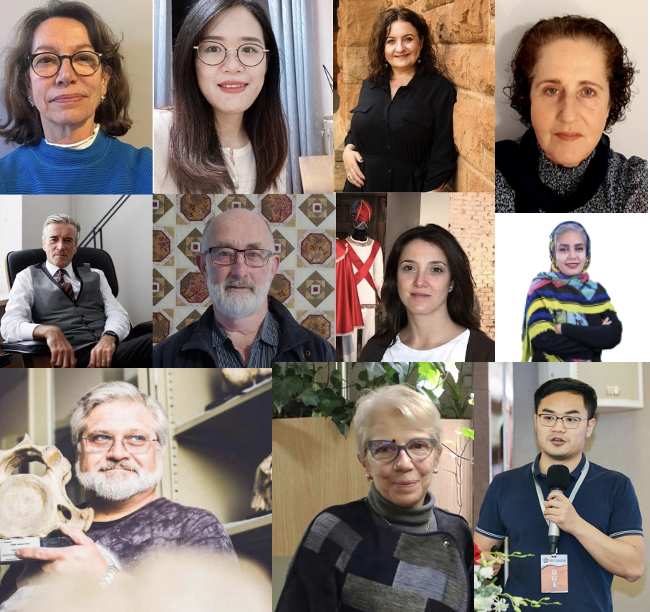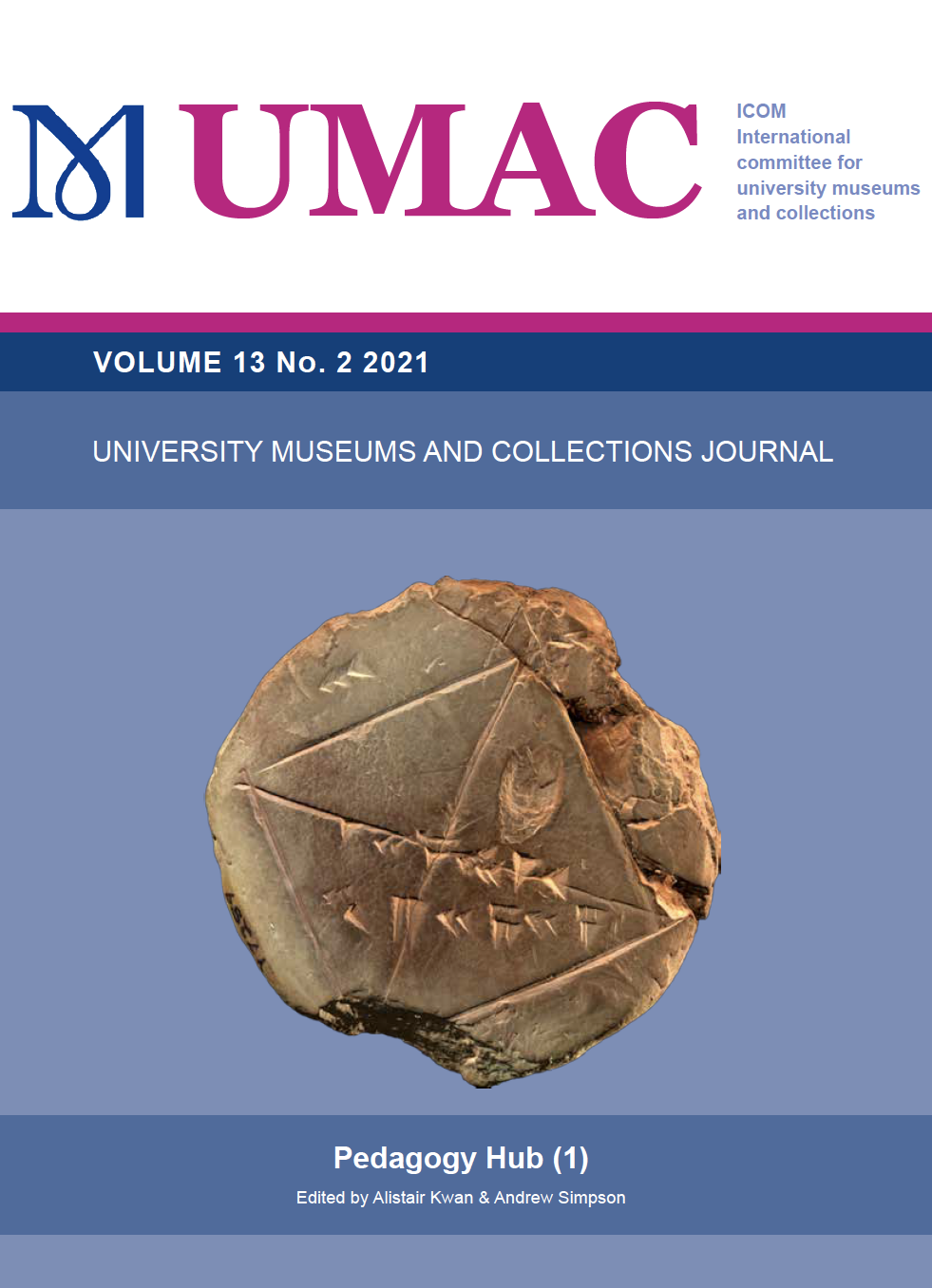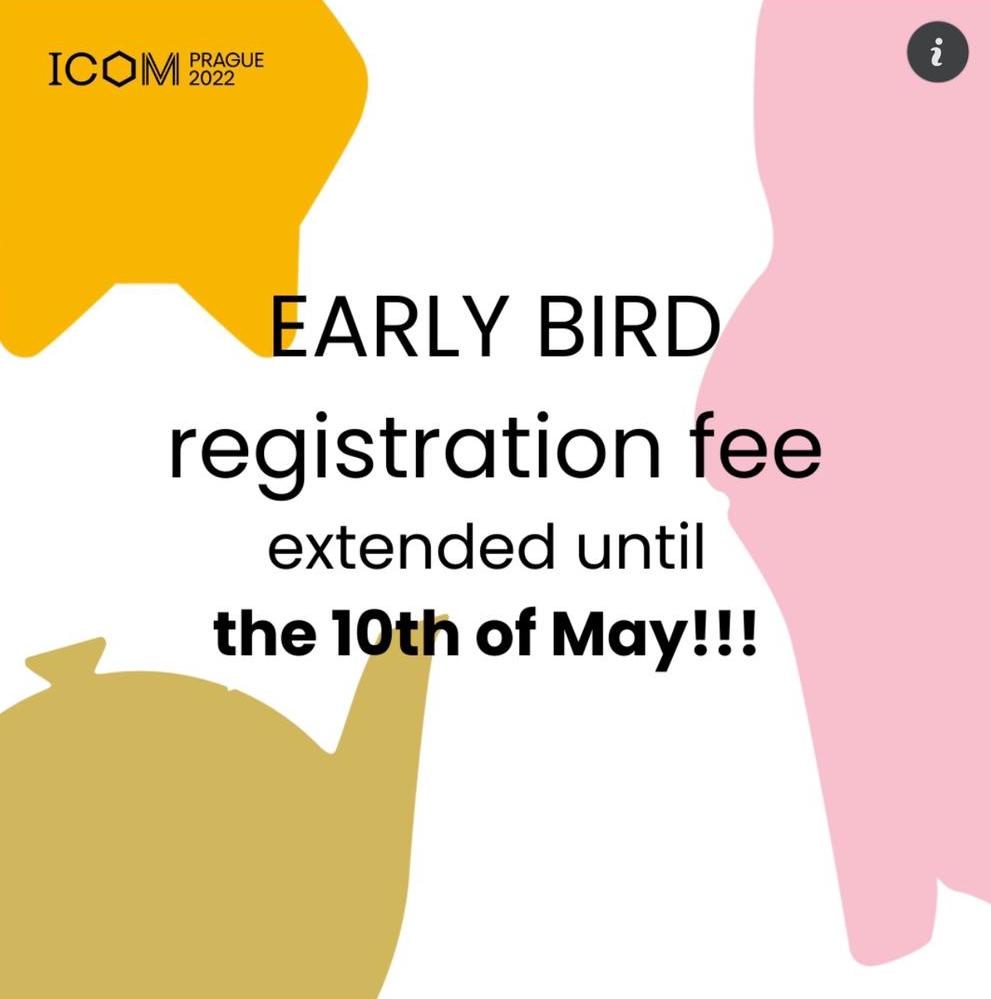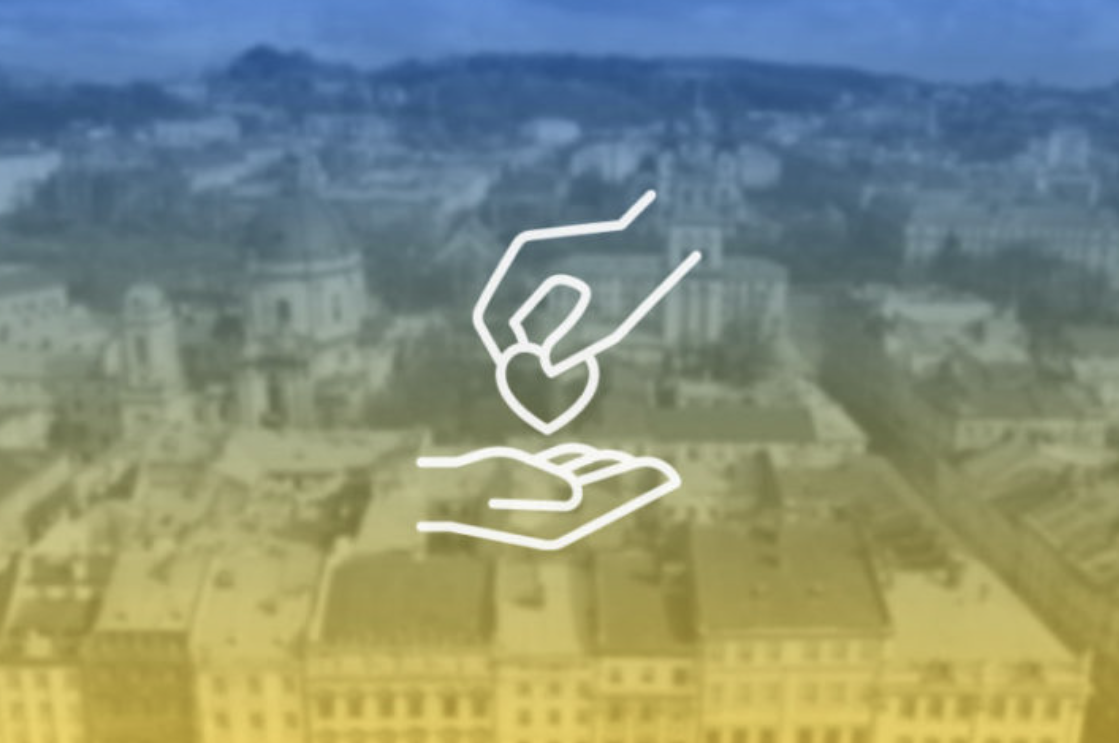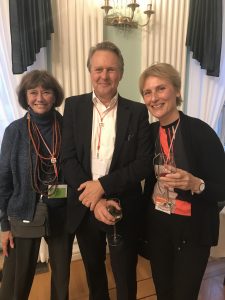 |
|
It is with great sadness that we were informed of Graciela Weisinger’s death, yesterday. Graciela was in the UMAC Board between 2014 and 2019, first as Secretary and then as Vice-president. She was currently President of ICOM Argentina. We are all in shock at her sudden death.
I am grateful to Karin Weil for preparing the text below, in Spanish and English.
Marta Lourenco, UMAC President
“ El lema de este año es Museos por la igualdad, diversidad e inclusión, pero propongo que vayamos un poquito más allá de ellos. Porque no todos somos iguales y porque cada persona es única, propongo que desde los museos trabajemos en la aceptación. La aceptación de la diversidad cultural, para así tan solo no incluirla, sino más bien integrarla.”
(Graciela Weisinger, 18 de mayo 2020)
Graciela Weisinger Cordero, con justa razón merecedora del Premio “ Asociación Amigos del Museo Mitre” por mejor desempeño en la carrera de Museología. Doctorando en Historia. Lic. en Museología de la Universidad del Museo Social Argentino (UMSA) y Técnico Superior en Museología Histórica de la ENAM. Titular de cátedras en las carreras de Museología y Gestión del Patrimonio Cultural, en Peritaje y Valuación de Obras de Arte y en Conservación y Restauración de Bienes Culturales en UMSA. Es Investigadora del Instituto de Investigaciones y Estadísticas Científicas y Sociales de la UMSA y curadora de la Colección de UMSA. Se desempeñó como profesional en diversas instituciones diseñando muestras permanentes y temporarias. Publicó libros, documentos y artículos propios y en colaboración con profesionales de diversas disciplinas. Organizó seminarios, jornadas y encuentros nacionales e internacionales. Actualmente era la presidenta de ICOM Argentina, donde también fue Vocal y Tesorera, ejerció la Secretaría y luego la Vicepresidencia del Comité Internacional de UMAC (Comité de Museos y Colecciones Universitarios de ICOM) en el período 2014-2019. Siempre comprometida y aportando activamente al desarrollo de la museología, gran admiradora de Hugues de Varine por su trabajo comunitario, al que ella también se dedicó.
“This year’s slogan is Museums for equality, diversity and inclusion, but I propose that we go a little further than that. Because we are not all the same and because each person is unique, I propose that museums work on acceptance. Acceptance of cultural diversity, so that we don’t just include it, but rather integrate it”.
(Graciela Weisinger, 18 May 2020)
Graciela Weisinger Cordero, rightly deserving of the “Association Amigos del Museo Mitre” Award for best performance in the Museology degree. Doctorate in History. Degree in Museology from the Universidad del Museo Social Argentino (UMSA) and Advanced Technician in Historical Museology from the ENAM. Professor in Museology and Cultural Heritage Management, in Appraisal and Valuation of Works of Art and in Conservation and Restoration of Cultural Heritage at UMSA. She is a researcher at the Institute of Scientific and Social Research and Statistics at UMSA and curator of the UMSA Collection. She has worked as a professional in various institutions designing permanent and temporary exhibitions. She published books, documents, and articles of her own and in collaboration with professionals from various disciplines. She organized seminars, conferences and national and international meetings. She was currently the President of ICOM Argentina, where she was also a member and Treasurer, and was the Secretary and then Vice-President of the International Committee of UMAC (University Museums and Collections Committee of ICOM) in the period 2014-2019. Always committed and actively contributing to the development of museology, she is a great admirer of Hugues de Varine for his community work, to which she also dedicated herself.
Karin Weil, 30 June 2022
